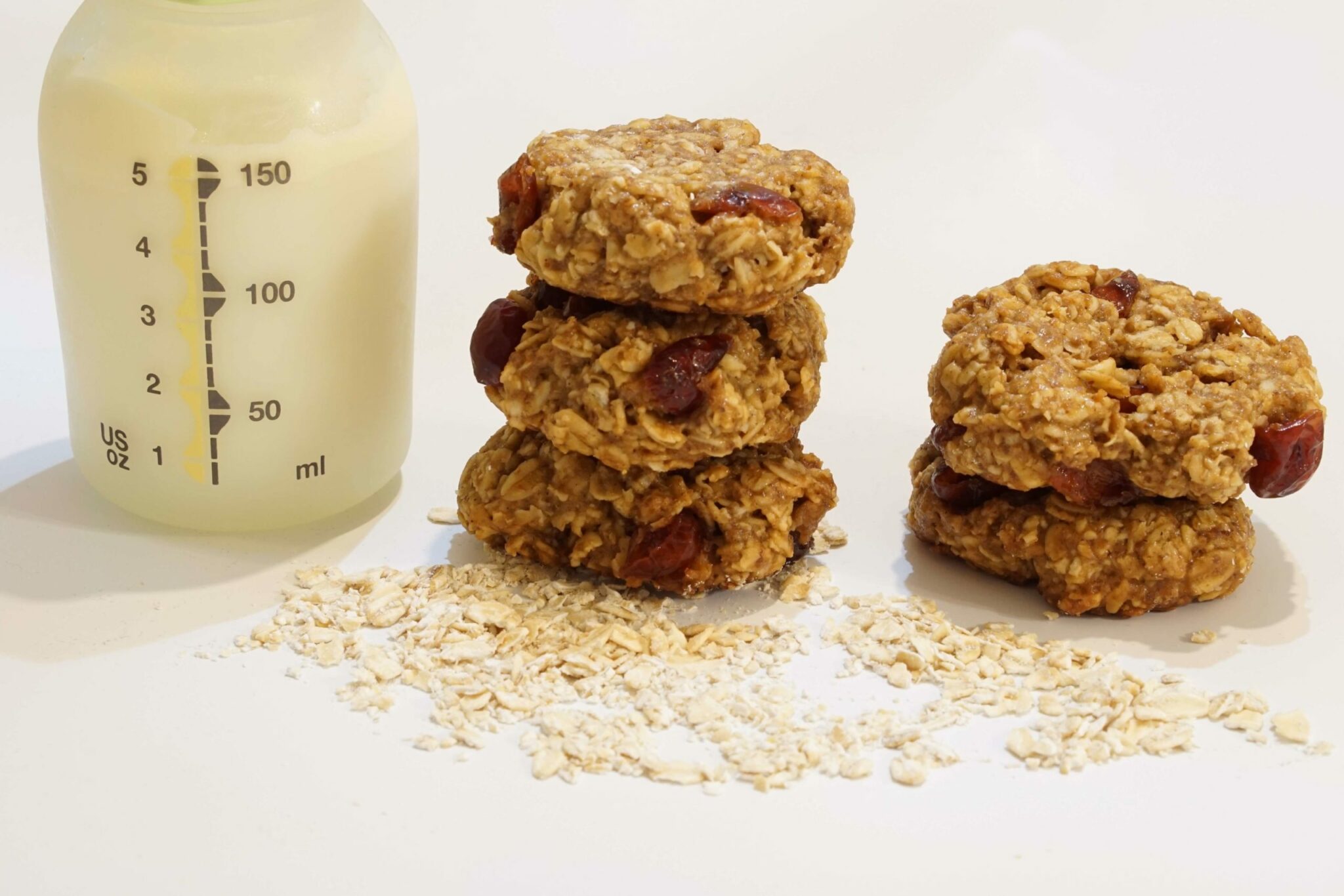Umbilical Hernias: why Does my Baby’s Belly Button pop Out?
A hernia occurs when there is a defect in muscle or tissue of the abdominal wall that allows abdominal contents, usually bowel to push through. They are covered by skin and can be small and subtle or large and obvious. Hernias are fairly common over an entire lifetime. During the course of a lifetime, a man has a 25 percent chance of a hernia. There are several types of hernias, depending on their location. In children, umbilical and inguinal hernias are the two most common types, with boys having a higher incidence than girls.
Many babies are born with a specific type of hernia at their belly button. Called an umbilical hernia, they appear to have a pouching out of the navel, which gets bigger when crying or straining and smaller when relaxed. They can appear small at first and increase in size for the first month or so of life. It’s called umbilical because it is located at the umbilical fibromuscular ring. This ring is a normal opening in babies and usually closes completely by age two, so this type of hernia is uncommon after infancy.
Umbilical hernias can appear quite large, and parents often wonder when and if surgical repair is necessary. In general, if the hernia is soft to the touch, moves easily and does not seem to upset the baby, they are observed for the first couple of years. The great majority will completely close on their own by a year. Those that do not are not surgically repaired until age two to four years old.
If your baby has an umbilical hernia, your child’s doctor will check it at each visit. If your baby is growing and feeding well and the hernia slides easily in and out of the body, there is nothing that needs to be done to help it resolve more quickly. Folklore tells us to bind down the hernia to encourage faster closure, but this is untrue and can cause problems with the hernia as well as the skin. Very rarely umbilical hernias become incarcerated, meaning that the bowel slides out into the skin pouch and then cannot slide back inside the body. The skin becomes inflamed and tender and the baby uncomfortable and possibly with fever. If this happens it is important to seek medical attention immediately. Incarcerated bowels can become damaged very quickly if something is not done to fix the problem.
Sources:
- Medscape
- Hernias.
Powered by Bundoo®










































